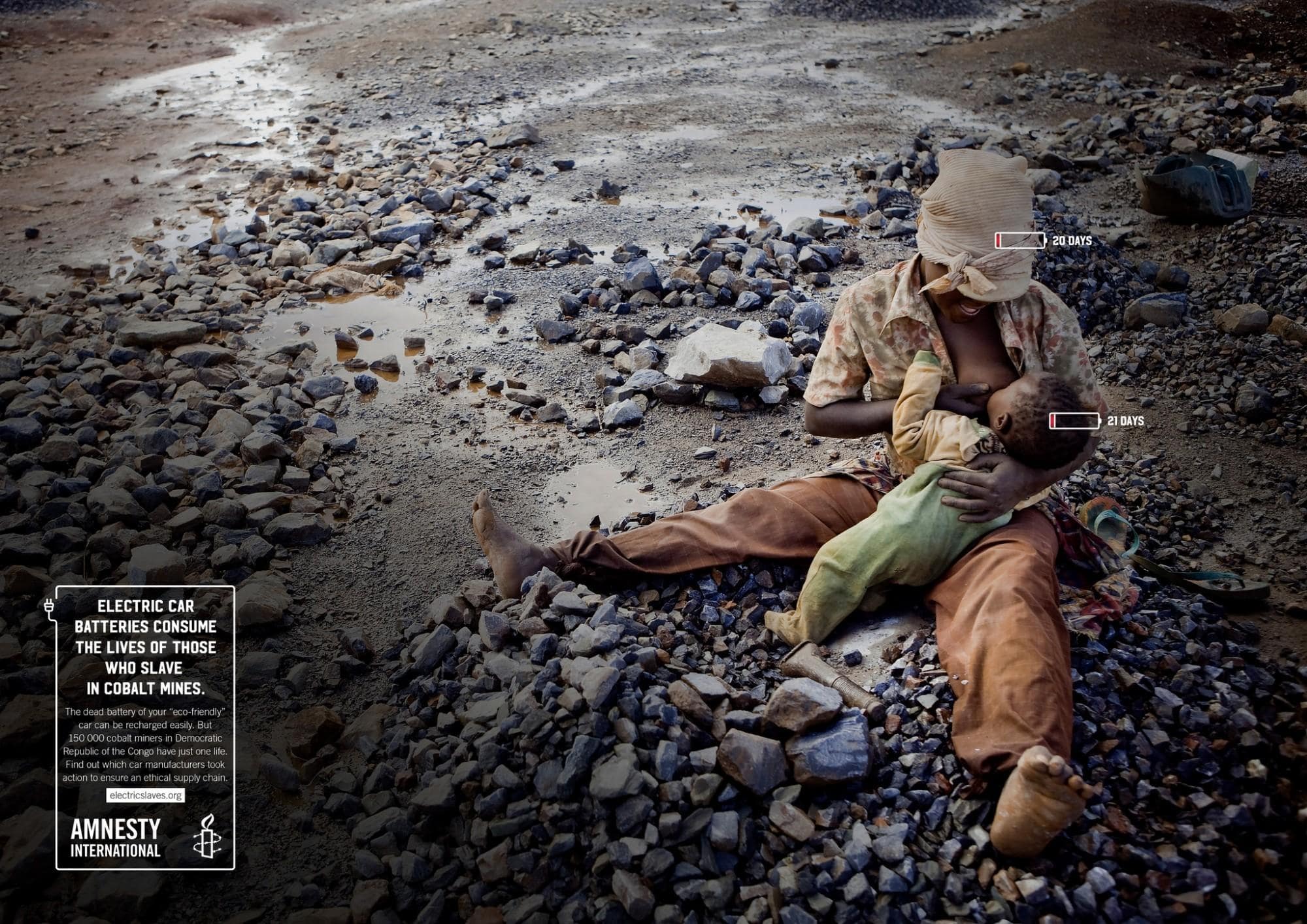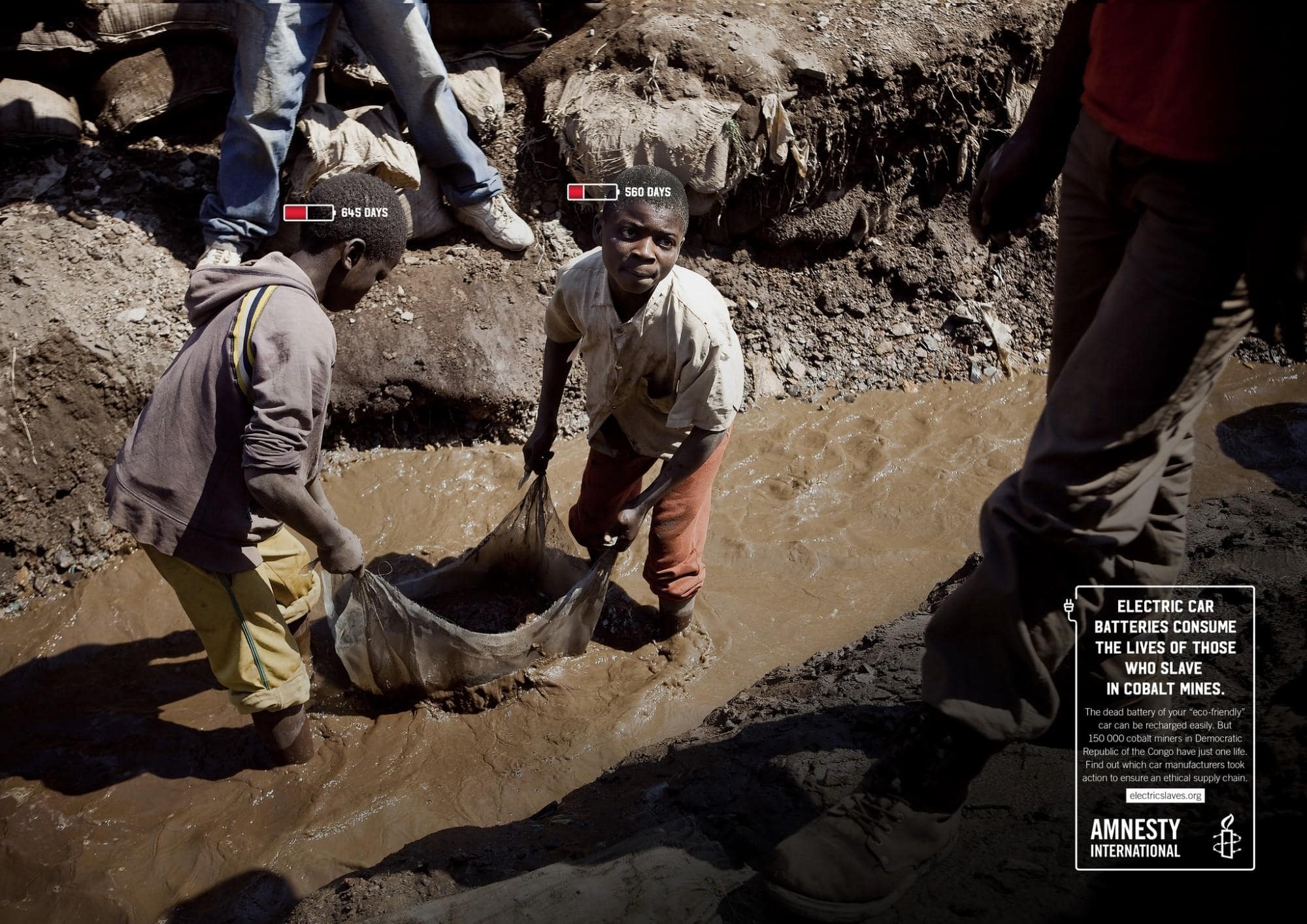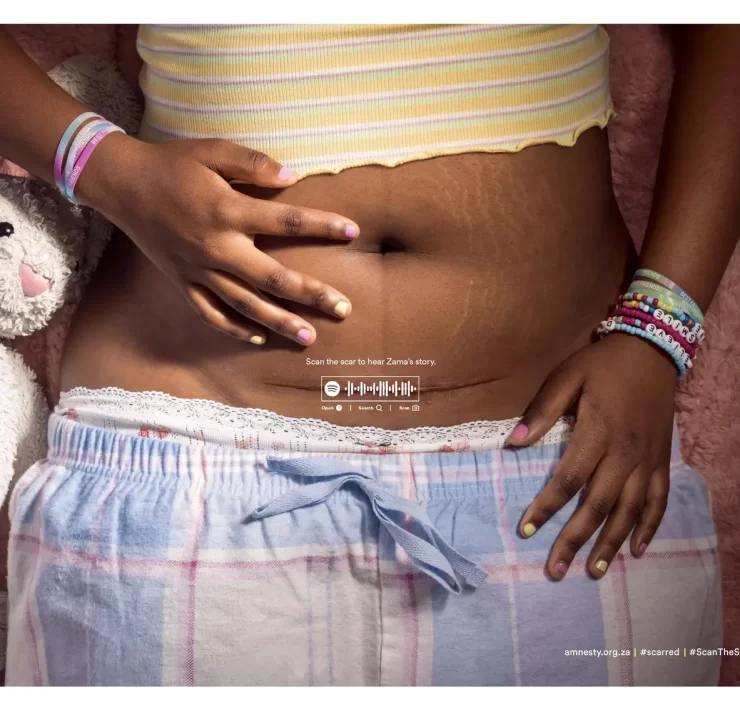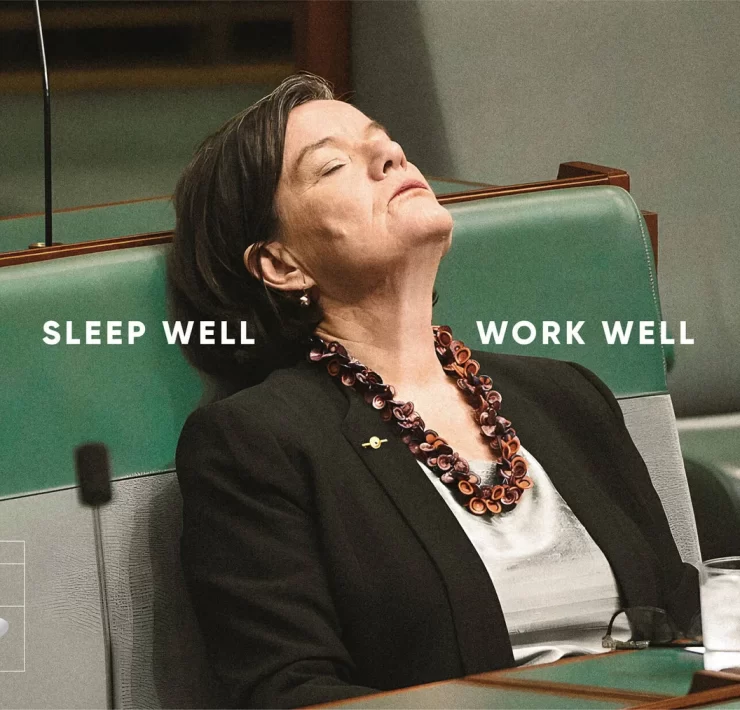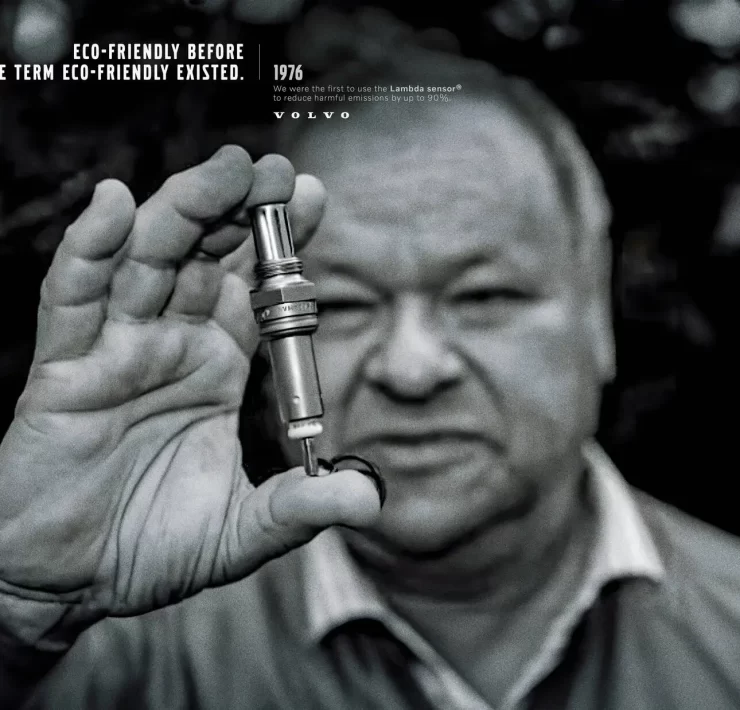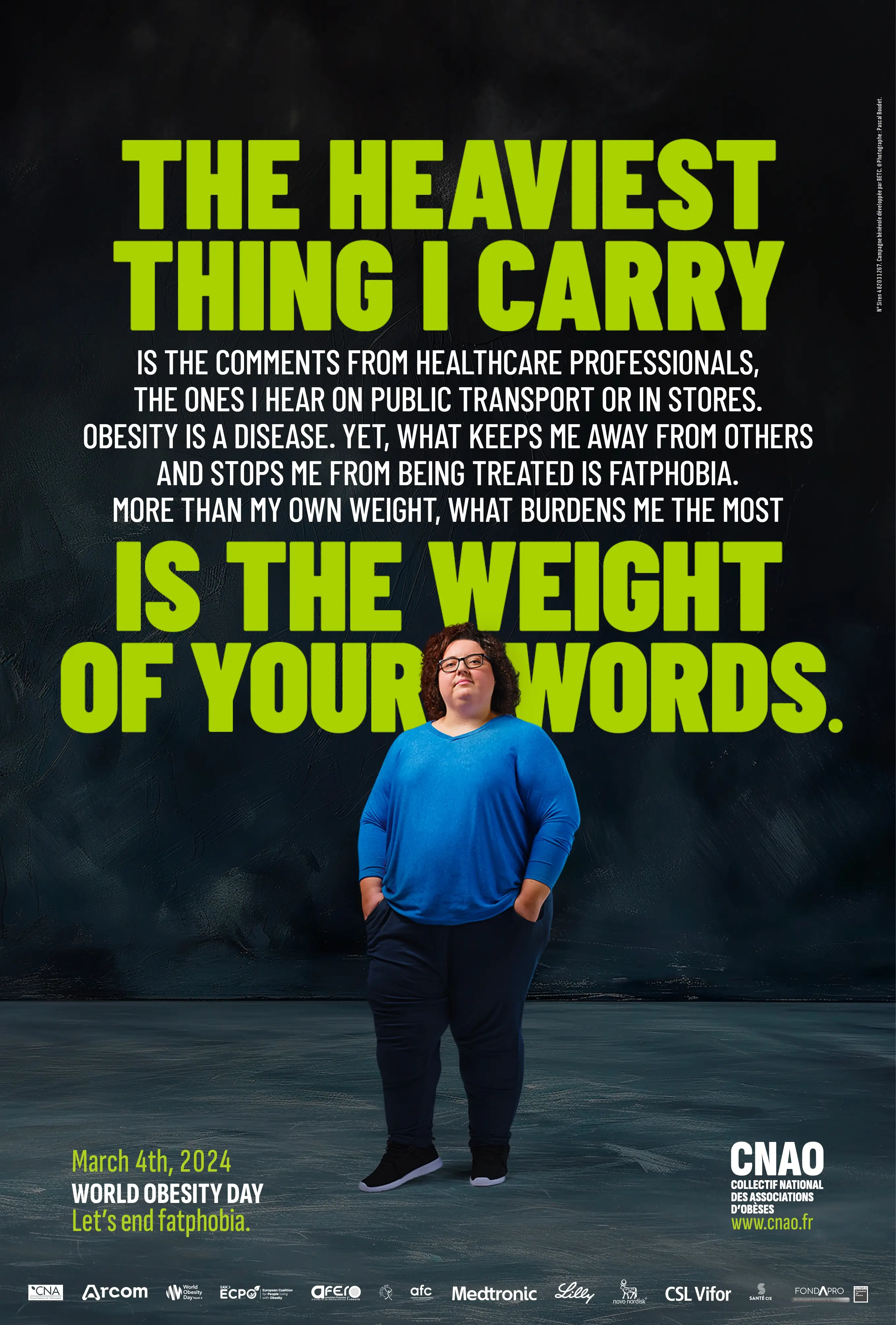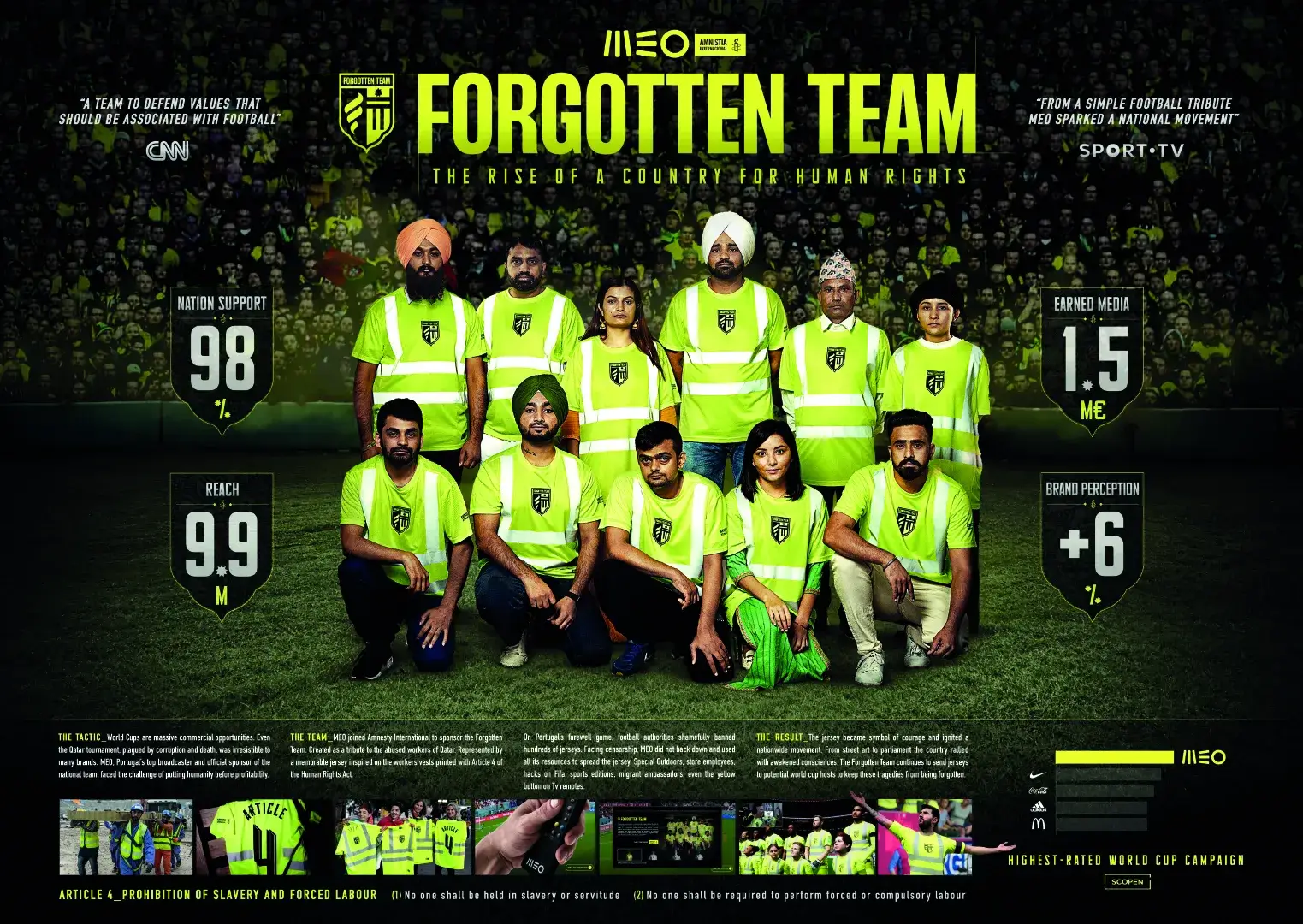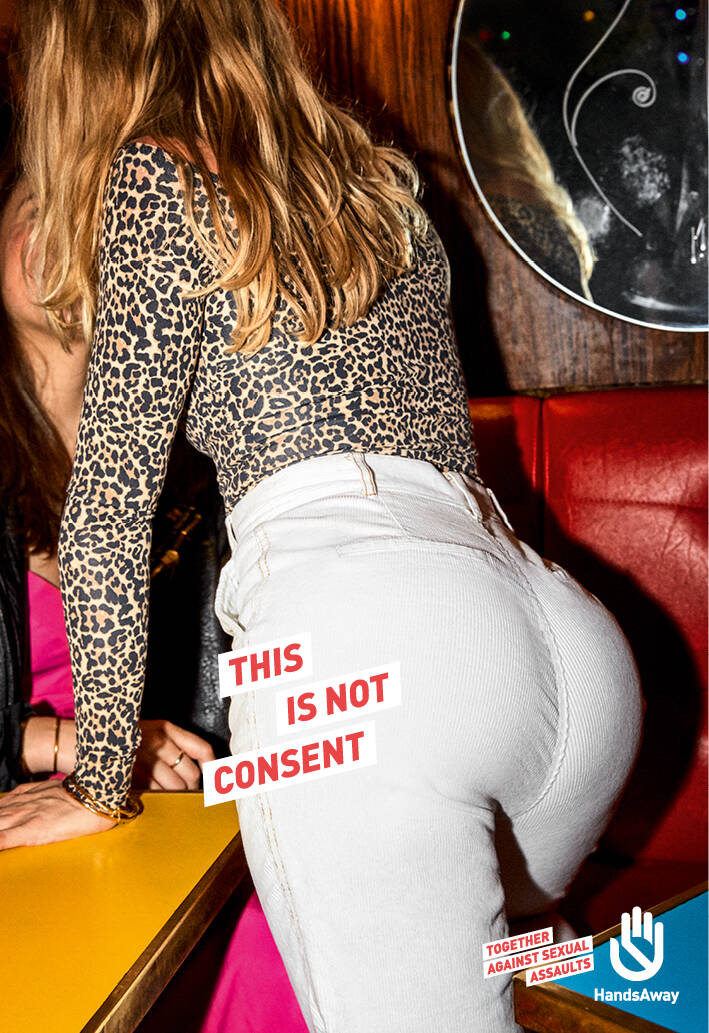Amnesty International: Electric Slaves
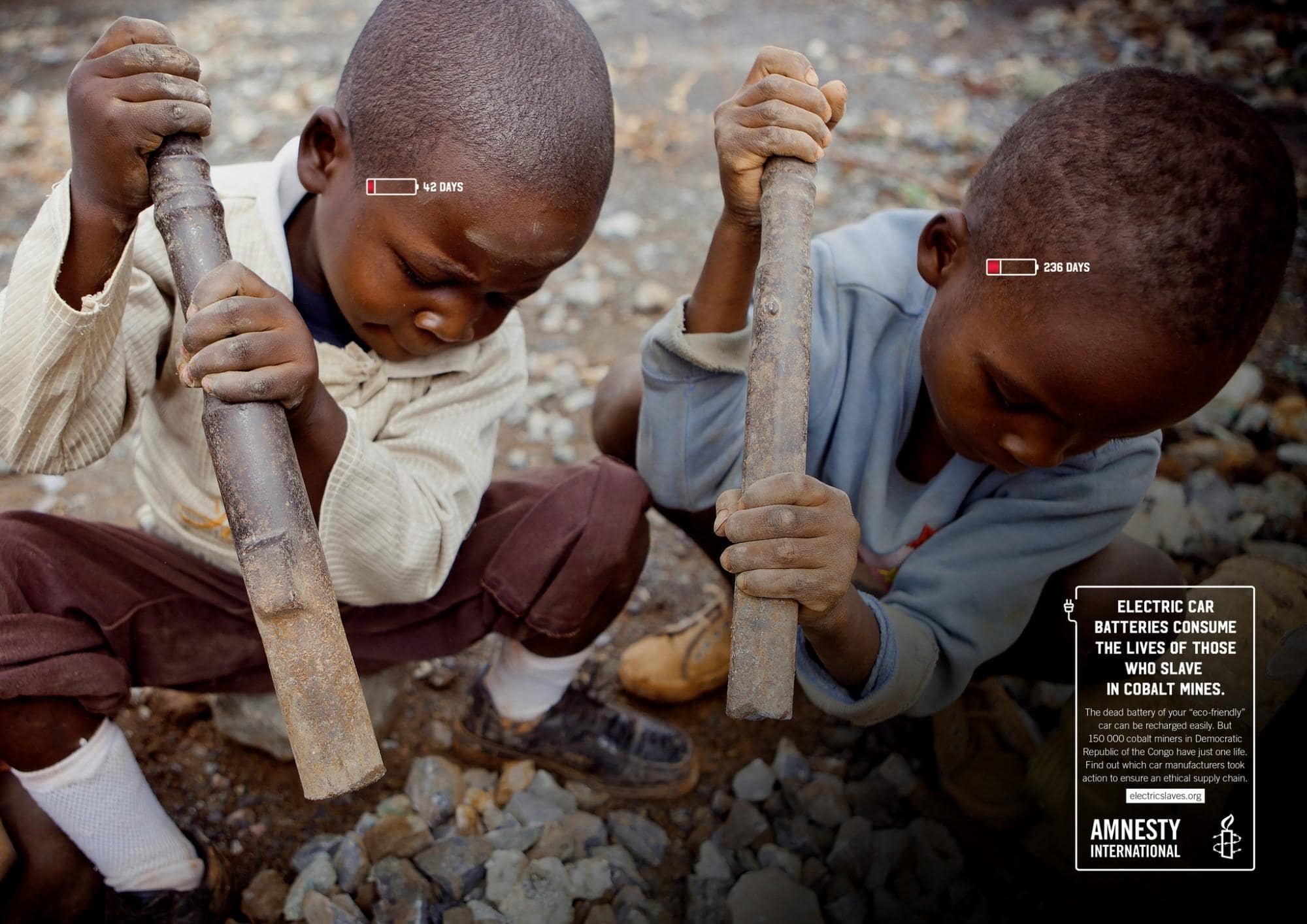
Amnesty International survey reveals that most electric vehicle manufacturers still do not require ethical standards for cobalt mining. Electric car batteries consume the lives of those who slave in cobalt mines. The dead battery of your “eco-friendly” car can be recharged easily. But 150 000 cobalt miners in Democratic Republic of the Congo have just one life. Find out which car manufacturers took action to ensure an ethical supply chain. Electric Slaves
“The automotive industry is still failing to responsibly source cobalt, a mineral that is critical for their batteries. Not only eco-conscious customers are entitled to know whether their new cars are as ethical as the adverts claim.
This is why in 2017 we wrote to seven leading electric vehicle companies, Daimler, Renault, Volkswagen, General Motors, Tesla, BMW, and Fiat-Chrysler, asking whether they verified their material sources and the miners’ human rights in this context. Only two companies disclosed their sources of cobalt: BMW identified its metallurgy and refinery product suppliers, and Renault identified its suppliers of cobalt.
Despite some progress over the course of 2018, Amnesty International found that none of the carmakers has taken sufficient action to ensure that their potential customers can verify whether or not their cobalt supply chains are free from slavery and other forms of abuse. On a recent visit to the mining town of Kolwezi in the south of the DRC, an Amnesty researcher saw that the workers’ situation has not improved at all.
The government of the DRC has promised to improve the workers’ conditions and eliminate child labour by 2025. Therefore, carmakers must do more than before. They need to take responsibility for their own supply chains and take remedial action if human rights abuse occurs at any point in their supply chain. They owe it to their customers as well as to the local miners and, most importantly, children who suffer to make their products.”
Credits
Advertiser: Amnesty International
Campaign: Electric Slaves
Advertising Agency: Havas, Prague, Czechia
Creative Director / Art Director: Jakub Kolarik
Creative Director / Copywriter: Petr Cech
Art Director: Pavel Slovacek
Copywriter: Zdenek Buchtela
Photographer: Gwenn Dubourthoumieu
Agency Producer: Tereza Letfusova
Account Manager: Martina Figurova
Tags:
Czechia, Public Interest, NGO, Amnesty International, Havas, Print advertising, Creative Print Ads, Print campaign, Creative Advert
